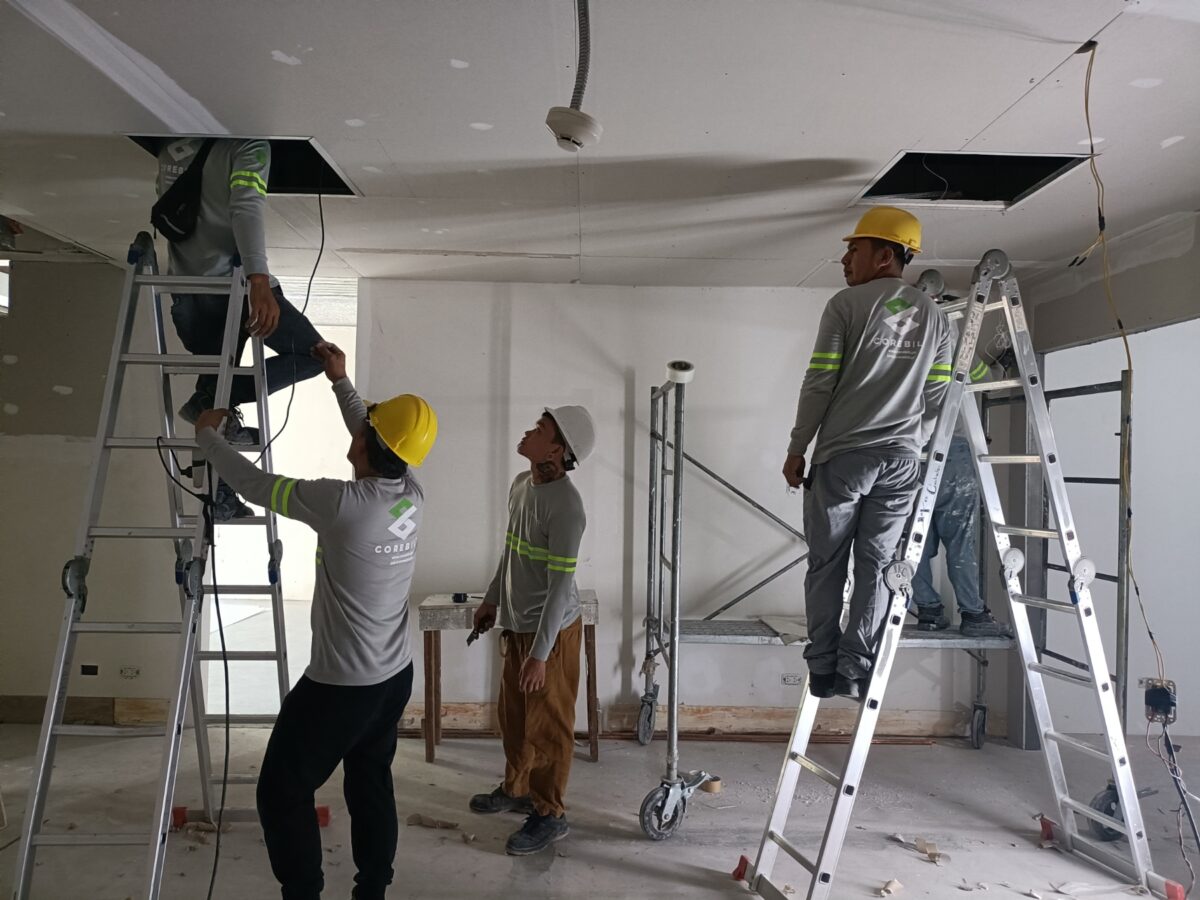The construction industry offers a wealth of opportunities for individuals seeking rewarding, hands-on careers. Whether you’re just entering the workforce, considering a career change, or looking to expand your skill set, careers in construction provide stability, growth potential, and the satisfaction of building tangible results. At ABC Central Texas, we understand the value of this dynamic field and have identified seven exciting careers in construction that you can start today.
Why Choose Careers in Construction?
Construction is a vital sector in every economy, responsible for developing infrastructure, commercial buildings, and residential homes. Careers in construction are not only in high demand but also offer competitive wages and opportunities for advancement. The industry is constantly evolving with technology and sustainability practices, making it an exciting field for those who enjoy problem-solving and teamwork.
1. Construction Laborer
Starting as a construction laborer is one of the most accessible entry points in careers in construction. Laborers perform a wide range of tasks, from site preparation to loading and unloading materials. This role requires physical stamina and a willingness to learn on the job. Many construction laborers move on to more specialized positions through apprenticeships or on-the-job training.
2. Carpenter
Carpentry is a skilled trade within the construction industry that involves building frameworks, walls, and other structures made of wood and other materials. Carpenters work on residential homes, commercial buildings, and infrastructure projects. Becoming a carpenter typically involves apprenticeship programs, which combine classroom instruction with hands-on experience.
3. Electrician
Electricians install and maintain electrical systems in buildings and infrastructure. This career requires specialized training and licensing but offers excellent job stability and earning potential. Electricians must stay updated on safety codes and technological advancements. Careers in construction as an electrician are ideal for those who enjoy technical work and problem-solving.
4. Plumber
Plumbers install and repair water supply lines, waste disposal systems, and related appliances in construction projects. This trade also demands technical expertise and certification. Plumbers are essential to both new construction and renovation projects. With a growing focus on sustainable plumbing systems, this career path offers long-term opportunities.
5. Heavy Equipment Operator
Operating machinery like bulldozers, cranes, and excavators requires training and certification but provides a critical role in construction projects. Heavy equipment operators are responsible for moving earth, lifting materials, and assisting in site preparation. This career is well-suited for those who enjoy working with technology and machinery.
6. Construction Manager
For those interested in leadership roles, construction management offers a path to oversee projects from start to finish. Construction managers coordinate teams, manage budgets, and ensure compliance with safety and building regulations. This career typically requires a degree in construction management or a related field, along with substantial experience in construction trades.
7. Civil Engineering Technician
Civil engineering technicians assist engineers in designing, planning, and managing construction projects such as roads, bridges, and public works. This role blends technical skills with knowledge of engineering principles. It often requires an associate degree or certification and is a great way to enter careers in construction with a focus on infrastructure development.
Skills Needed for Careers in Construction
Successful careers in construction require a combination of technical knowledge, physical ability, and soft skills. Key competencies include problem-solving, attention to detail, teamwork, communication, and a commitment to safety. Many roles demand certifications or licenses, which can often be obtained through vocational schools, apprenticeships, or community colleges.
How to Get Started in Careers in Construction
Getting started in careers in construction can be straightforward, especially for entry-level positions like laborers. Here are steps to take:
- Research local construction companies and job openings.
- Enroll in vocational training or apprenticeship programs.
- Obtain necessary certifications such as OSHA safety training.
- Network with industry professionals through job fairs or trade organizations.
- Gain experience through internships or on-the-job training.
The Future of Careers in Construction
The construction industry is embracing new technologies such as building information modeling (BIM), green building practices, and automation. These advancements are creating new roles and increasing efficiency. Careers in construction will continue to evolve, offering more opportunities for skilled workers willing to adapt and learn.
Conclusion
Careers in construction offer diverse pathways for individuals eager to build a stable and rewarding professional future. From hands-on roles like carpentry and plumbing to leadership positions in construction management, the field accommodates a wide range of interests and skills. At ABC Central Texas, we encourage you to explore these exciting careers in construction and take the first step toward a prosperous career today. From pro advice to what’s buzzing — it’s all waiting on our main page.
Frequently Asked Questions
1. What education is required to start a career in construction?
Most entry-level positions require a high school diploma or equivalent. Many workers enhance their skills through vocational schools, apprenticeships, or certifications.
2. Are careers in construction physically demanding?
Yes, many construction roles involve physical labor, including lifting, standing, and working outdoors. However, there are also technical and managerial positions with less physical demand.
3. What is the job outlook for careers in construction?
The job outlook is strong, with consistent demand for skilled tradespeople and construction professionals due to ongoing infrastructure projects and population growth.
